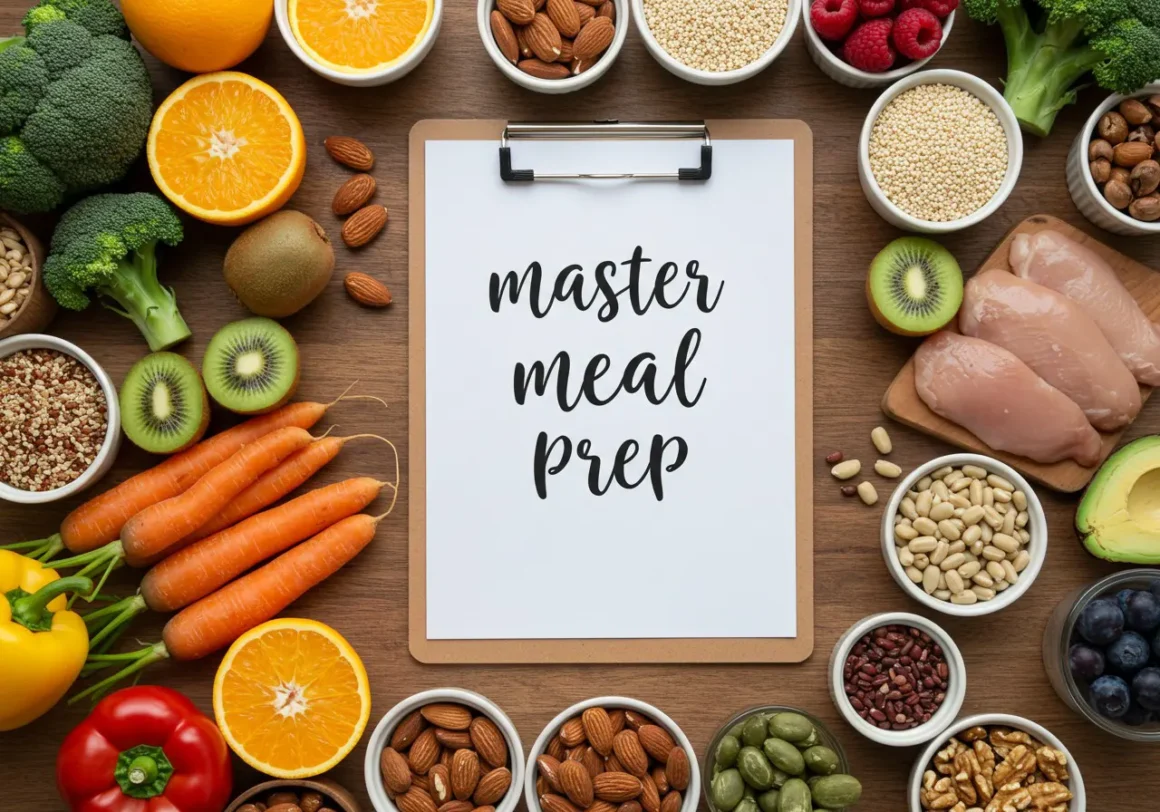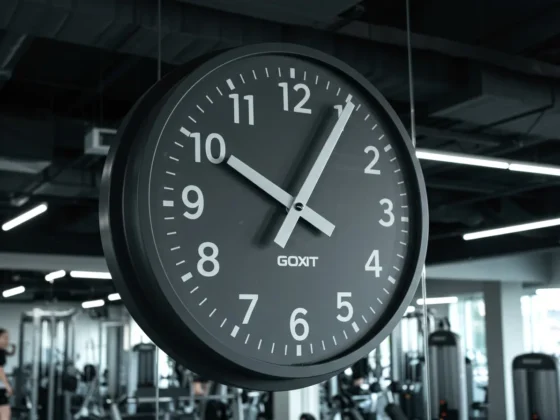Alright, let’s dive into something that often gets overlooked when we’re trying to perform our best. We spend a lot of time thinking about macros – how much protein, carbs, and fat we need – and maybe dig into micros, like vitamins and minerals. Those are absolutely foundational, no doubt. But there are two other players that are absolutely critical for unlocking your potential: hydration and nutrient timing. Think of it this way: you can have the best engine parts in the world (your macros/micros), but if you don’t have enough oil (hydration) or if you put the fuel in at the wrong time (nutrient timing), that engine isn’t going to purr; it’s going to sputter, or worse, seize up. Getting these two elements dialed in can seriously elevate your game, whether you’re hitting the gym, the field, or just tackling a demanding day.
Hydration: The Unsung Hero
Let’s talk hydration first. It’s more than just quenching thirst. Every single process in your body relies on water. It helps transport nutrients to your cells, flushes out waste products, lubricates your joints, and is absolutely vital for regulating your body temperature, especially when you’re pushing yourself.
You know that feeling when you’re dragging, maybe have a slight headache, and just feel…off? Often, that’s dehydration creeping in. Even a small drop in your hydration levels – as little as 1-2% of your body weight – can significantly impair your physical and mental performance. We’re talking reduced endurance, decreased strength, slower reaction times, and difficulty focusing. Waiting until you feel thirsty is like waiting for the “low fuel” light to come on before you start looking for a gas station – you’re already behind the curve.
Why It Matters So Much:
- Performance: Muscles need water to function properly. Dehydration leads to fatigue and decreased power output.
- Temperature Regulation: Water is crucial for sweating, which cools your body down during exercise. Without enough, you risk overheating.
- Recovery: Proper hydration helps transport nutrients needed for muscle repair and recovery and aids in removing metabolic waste.
- Cognitive Function: Your brain is mostly water! Dehydration can lead to poor concentration, irritability, and headaches.
Getting Hydration Right: What You Need and How-To
The good news is, staying hydrated isn’t rocket science.
What You Need:
- A good water bottle: This sounds basic, but having a water bottle with you constantly is the easiest way to remember to sip. Get one you like looking at and using!
- Access to water: Make sure you know where you can refill throughout your day.
- Maybe electrolytes: For longer or very intense training sessions (90 minutes or more, or in hot conditions), adding electrolytes can be beneficial to replace salts lost through sweat. This could be a sports drink (watch the sugar content) or an electrolyte powder/tablet you add to water.
How-To:
- Sip Consistently: Don’t chug huge amounts periodically. Aim to sip water throughout the day. Make it a habit – drink a glass when you wake up, before each meal, and between tasks.
- Monitor Your Pee: This is a simple but effective indicator. Aim for pale yellow urine. Darker yellow usually means you need to drink more.
- Hydrate Around Your Workouts:
- Before: Drink 16-20 ounces of water about 2-3 hours before training, and another 8-10 ounces 20-30 minutes before.
- During: Sip 6-8 ounces every 15-20 minutes during your workout, especially if it’s intense or long.
- After: Replenish fluids lost. A good rule of thumb is to drink 16-24 ounces of water for every pound of body weight lost during exercise.
Nutrient Timing: Fueling for Performance and Recovery
Now, let’s talk about when you eat. Nutrient timing isn’t about magic windows where nutrients are instantly transported to your muscles (it’s not that rigid), but it’s about strategically providing your body with the resources it needs to perform well and recover effectively around your training.
The main players here are protein and carbohydrates. Carbs provide the energy currency your body prefers, especially for higher intensity activities. Protein is essential for muscle repair and growth.
Why Timing Matters (Practically Speaking):
- Energy Availability: Having carbohydrates available before training ensures you have fuel in the tank to perform your best.
- Muscle Repair & Growth: Consuming protein post-workout provides the building blocks your muscles need to start the repair and growth process.
- Replenishing Stores: Post-workout carbs help replenish glycogen stores (stored energy in your muscles and liver), which is crucial for recovery and readiness for your next session.
Nutrient Timing: What You Need and How-To
Again, this doesn’t need to be overly complicated or stressful.
What You Need:
- Sources of Protein: Whey protein powder, plant-based protein powder, Greek yogurt, chicken breast, fish, eggs, tofu.
- Sources of Carbohydrates: Oats, rice, potatoes, sweet potatoes, fruit, rice cakes, bread.
- A shaker bottle: If you’re using protein powder, this is a must.
How-To (General Guidelines, adjust based on your body and training):
- Pre-Workout (1-3 hours before): A balanced meal containing protein, carbs, and some fat works well here. This gives your body time to digest and absorb the nutrients for sustained energy.
- Closer to Training (30-60 minutes before): If you need a quick boost or haven’t eaten in a while, a smaller, easily digestible snack focusing on carbohydrates is good. Think a banana, a few dates, or a slice of toast. Protein is okay too, but avoid high-fat foods right before, as they can slow digestion and cause discomfort.
- Post-Workout (within 1-2 hours): This is a key window for recovery. Aim for a combination of protein and carbohydrates. This helps kickstart muscle repair and glycogen replenishment. A protein shake with a banana, chicken and rice, or Greek yogurt with berries are all good options. The exact ratio can depend on your goals and the type of training you did.
Putting It All Together
Think of hydration and nutrient timing as partners. Staying well-hydrated helps your body efficiently transport and utilize the nutrients you consume. Getting your timing right ensures you have the fluid and fuel necessary when your body needs them most – before, during, and after your training efforts.
You don’t need to become obsessive about either of these, but paying attention to them can make a noticeable difference in how you feel, how you perform, and how quickly you recover. Start by focusing on consistent hydration throughout the day. Then, begin experimenting with a pre- and post-workout fueling strategy. Pay attention to how your body responds. With a little bit of focus on these often-overlooked elements, you might just find that extra edge you’ve been looking for, feeling stronger, recovering faster, and performing at your absolute best.

















